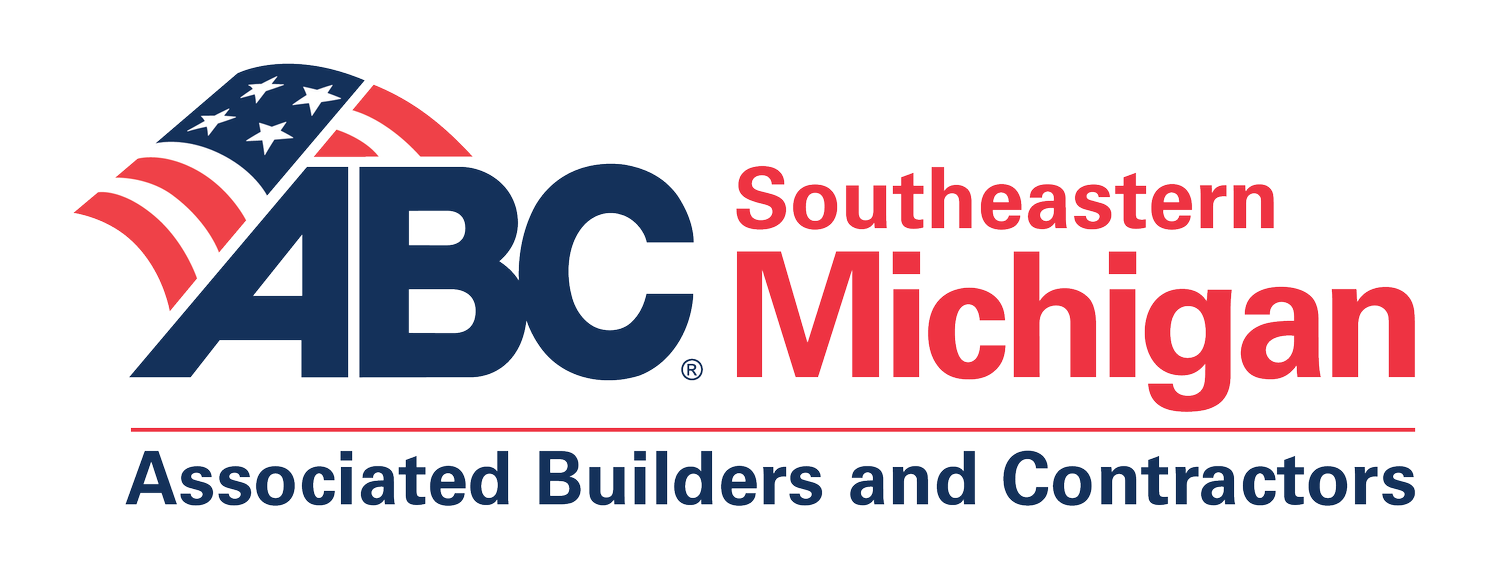Top 5 Warning Signs your business is too dependent on you:
Are you in the Owners Trap? One of the value drivers in any business is how dependent your business is on you, the owner, for survival. Within the Owners Trap, your business can only be as strong as the owner. The moment the owner is overwhelmed, the entire system fails. In other words, the business can only do as much as the owner has the capacity for. Potential Buyers generally avoid businesses managed this way because they understand the dangers of buying a company that is too dependent on the owner. The Owner’s Trap factor or the Hub and spoke model measures the extent to which your business can thrive without you. To be valuable to a potential purchaser, your business must be able to succeed and grow without you at the helm of all activities. Otherwise, your employees are mere spokes that cannot operate independently of you.
Are you at the top of an organizational chart or stuck in the middle of your business like a hub in a bicycle wheel? Can you relate to any of the top 5 warnings signs discussed below?
1. You are the only signing authority. Most business owners give themselves final authority… all the time. But what happens if you’re away for a couple of days and an important supplier needs to be paid? Does the work stop when you are not there to give the authority?
Suggestion: Consider giving an employee signing authority for an amount you’re comfortable with, and then change the mailing address on your bank statements so they are mailed to your home (not the office). That way, you can review everything coming out of your account and make sure the privilege isn’t being abused.
2. Your revenue is flat when compared to last year’s. Flat revenue from one year to the next can be a sign you are a hub in a hub-and-spoke model. Like forcing water through a hose, you have only so much capacity. No matter how efficient you are, every business that is dependent on its owner will reach capacity because the business can only do as much as the owner can handle. Does this allow for continued growth?
Suggestion: Consider narrowing your product and service line by eliminating technically complex offers that require your personal involvement, and instead focus on selling fewer things to more people.
3. Your vacations… don’t feel like vacations. If you spend your vacations dispatching orders from your mobile, it’s time to cut the tether.
Suggestion: Start slowly by taking evenings and weekends off completely. Leave your cell phone out of sight, and do not reply to any messages. Then take a day off midweek and do the same. Build up to where you can take a week off without checking in. At first, employees won't believe you're serious . . . until they see that you're really not replying to them. Once they realize they're on their own, the best ones will start to make more decisions independently. It's amazing how smart most people are if you give them a chance to show it. You'll also expose your weakest employees and know who you have to train up or move out.
4. You know all of your customers by first name. It’s good to have the pulse of your industry but knowing every single customer by first name can be a sign that you’re relying too heavily on your personal relationships being the glue that holds your business together. Again, you can only handle so much at a time which likely means you are leaving opportunities on touched.
Suggestion: Consider replacing yourself as a rain maker by hiring a sales team, and as inefficient as it seems, have a trusted employee shadow you when you meet customers so over time your customers get used to dealing with someone else.
5. You get cc’d on more than five e-mails a day. Employees, customers and suppliers constantly cc’ing you on e-mails can be a sign that they are looking for your tacit approval or that you have not made clear when you want to be involved in their work. Your limited time is thus spent on oversight or double checking instead of growing the business into the future.
Suggestion: Start by asking your employees to stop using the cc line in an e-mail; ask them to add you to the “to” line if you really must be made aware of something – and only if they need a specific action from you.
